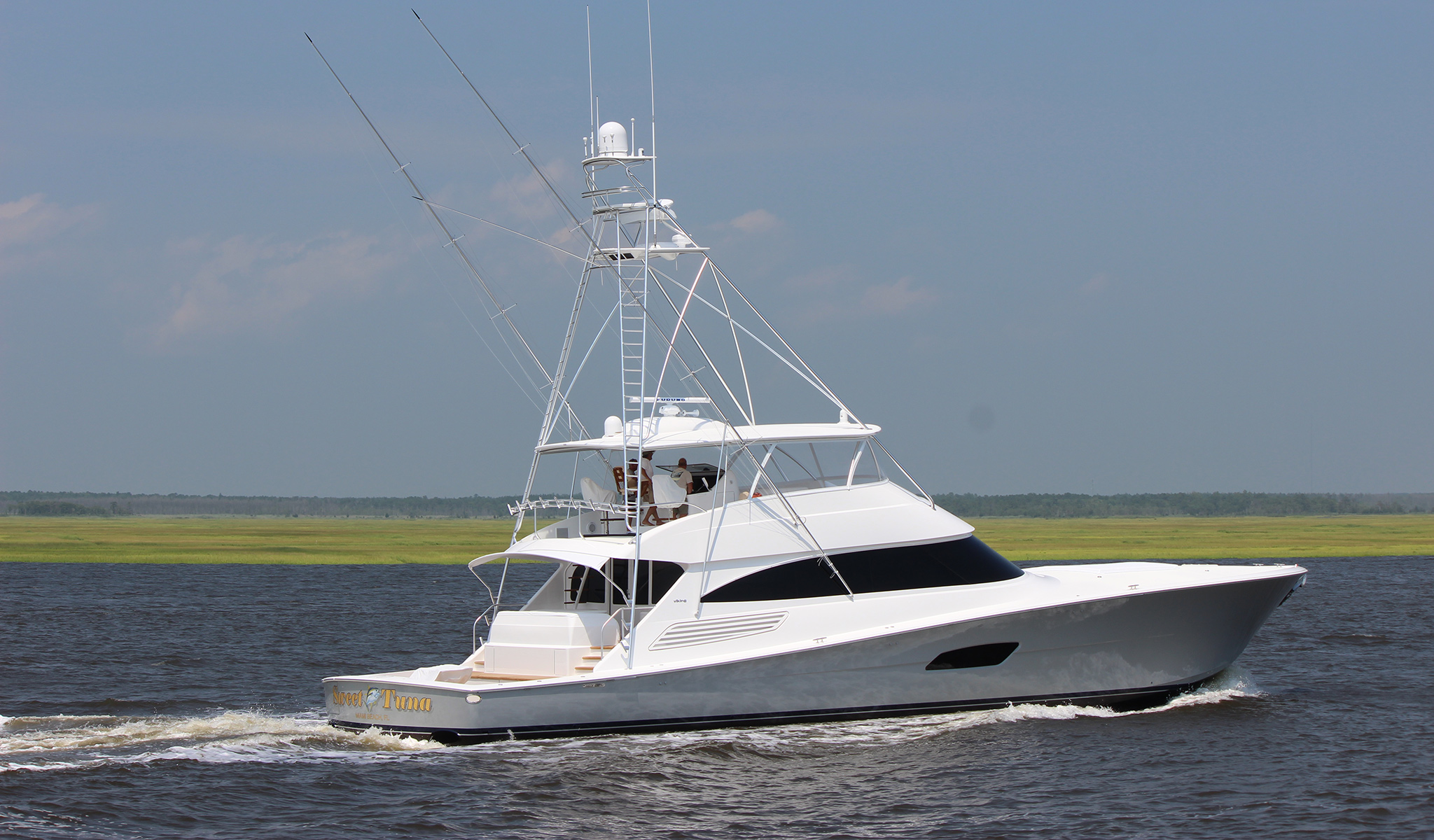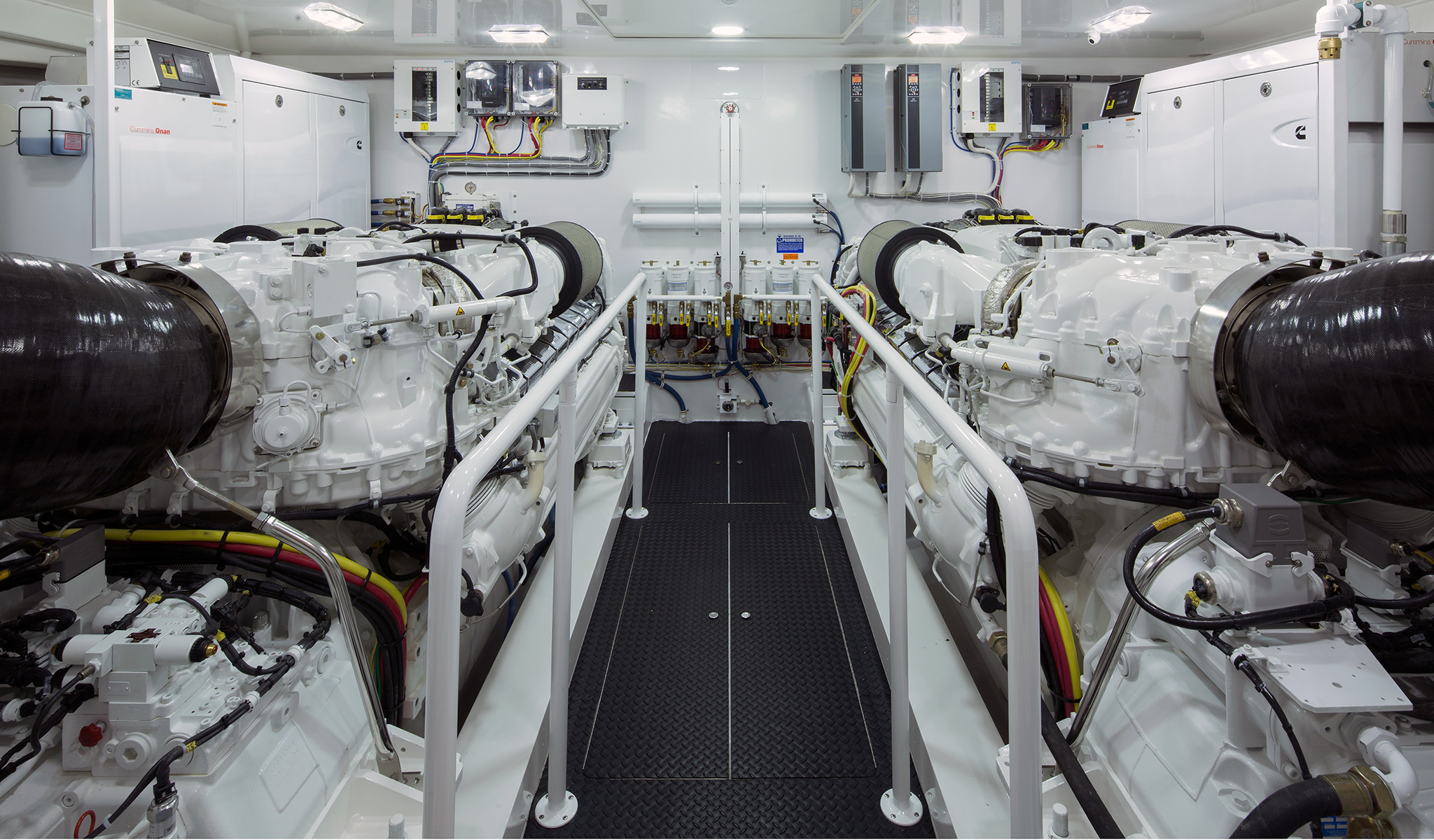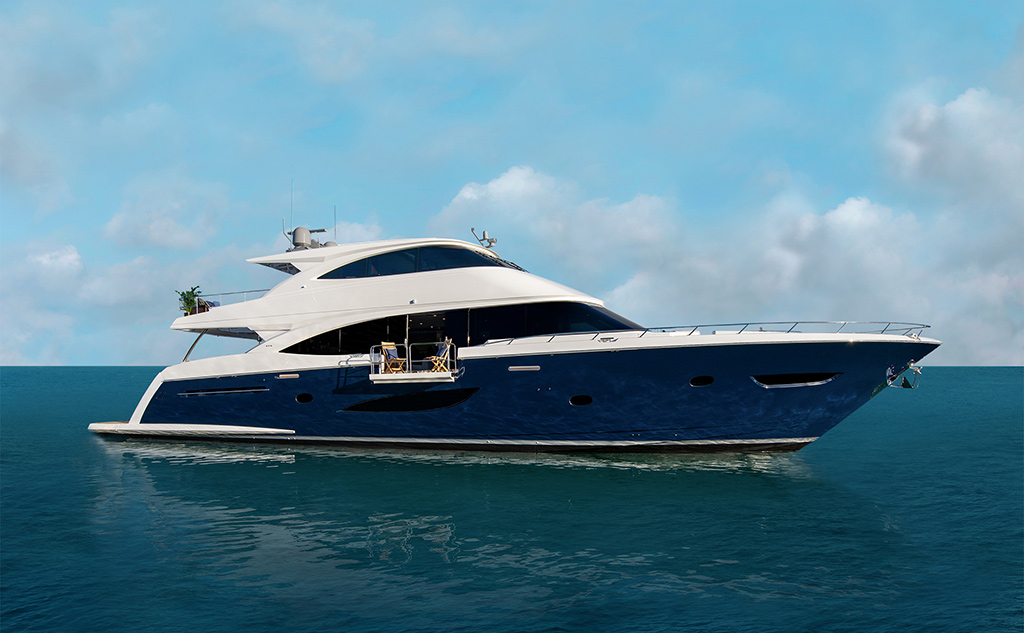International Diesel Emission Regulations Delayed
The International Maritime Organization’s (IMO) Environment Protection Committee agreed to delay enforcement of Tier III engine emissions regulations for vessels longer than 78’ (23. 77 m) after the United States Coast Guard said it would not take enforcement actions if vessels didn’t meet them.
Extended Three Years
Several groups including the National Marine Manufacturers Association (NMMA), the European Boating Industry and the International Council of Marine Industry Associations worked within the IMO to grant the three-year extension.
The NOx Tier III emission limits for marine engines has been around since 2016, but the International Council of Marine Industry Associations was granted a five-year extension for recreational vessels that was set to expire this year.
The rules state that all vessels with a load line length longer than 78’ (23.77 m) will require the installation of selective catalytic reduces that scrub emissions using urea.
Unreal Expectations
Organizations including British Marine, ICOMIA and Viking Yacht Co. voiced opposition to the regulations saying that if they were implemented on current vessels, the cost of the scrubbing systems and the space they would take up would make it nearly impossible to build large recreational boats.
In a policy letter, the Coast Guard said it wouldn’t enforce the Tier III regulations, explaining that it will “defer enforcement on the operation of engines on large recreational vessels subject to the prohibition set out in reference (a). The deferral will be available after the temporary waiver for large recreational vehicles set out in Regulation 13.5.2.3 expires on Jan. 1, 2020, until a suitable engine is available or Dec. 21, 2023, whichever is earlier.”
When the regulations were first announced, the primary reason for the opposition from the recreational boating industry was that the technology didn’t exist to provide a system that fit reasonably into a boat in the proposed size range. The scrubbing systems are so large that they would eliminate space for cabins or utility rooms, which would eat into the value of a boat to the point that it wouldn’t be economically feasible to build them.
Grateful Manufacturer
In an email to BoatTEST.com, Viking Yachts president and CEO Pat Healey wrote, “We’re pleased that the Coast Guard is supporting the recreational marine industry by recognizing that the technology to comply with these emissions standards currently does not exist for this market segment. Our team at Viking and the NMMA have done a tremendous job raising awareness about the unique challenges the marine industry faces meeting these mandates and the potential severe economic impacts that misguided regulations can have on boatbuilders.”
He continued, “The Coast Guard’s position gives us the flexibility to build our 92 Convertible and 93 Motor Yacht for the next three years, however we are also looking to the future as we follow our mantra to build a better boat every day. Viking played a major role in advancing the development of EPA Tier III engines for our yachts. We will continue to support and work with engine manufacturers and environmental agencies to pursue the fastest plausible path to further advance and implement technology that provides safe, reliable and fuel-efficient marine propulsion for our customers.”


